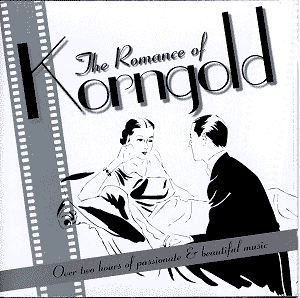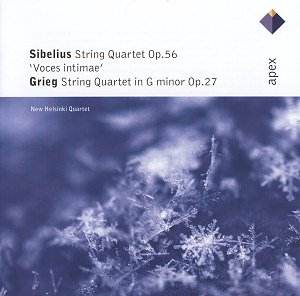 Composer: Bedrich Smetana
Composer: Bedrich Smetana
Works: Má Vlást (My Fatherland)
Performers: Israel Philharmonic Orchestra, conducted by Zubin Mehta
Recording: Recorded in the Mann Auditorium, Tel Aviv, Israel, 1994, DDD Stereo
Label: Sony Essential Classics SBK89776
Bedrich Smetana’s “Má Vlást” stands as a cornerstone of the Czech nationalist movement in music, embodying the spirit and landscapes of Bohemia with a vividness that captures the imagination. Composed between 1874 and 1879, the cycle of symphonic poems not only reflects Smetana’s profound connection to his homeland but also serves as a poignant testament to his struggles with deafness. In this recording, Zubin Mehta leads the Israel Philharmonic Orchestra through a performance that navigates the emotional and structural complexities of the work, though not without notable interpretative shortcomings.
Mehta’s reading of the first poem, “Vyšehrad,” is commendable for its clarity and structural integrity. The orchestra’s phrasing under his baton is well-defined, allowing the listener to appreciate the movement’s stately progression. However, as the cycle unfolds, particularly with “Vltava,” one can discern a rigidity in the interpretation. The opening theme, which evokes the flowing river, is handled with an appropriate sense of grandeur, yet the subsequent depiction of the Peasant Wedding lacks the inherent liveliness and spontaneity characteristic of Slavic folk music. Instead, it comes across as militaristic, a departure from the pastoral essence that Smetana so vividly intended. The thumping timpani and prominent bass drum during the St. John Rapids further detract from the delicate interplay of textures, suggesting an overemphasis on percussive force rather than the nuanced orchestral dialogue that Smetana masterfully orchestrates.
The momentum falters in “Šárka,” where Mehta’s control seems overly restrained, resulting in a lack of the dramatic intensity that accompanies the tale of the vengeful maiden. In contrast, “From Bohemia’s Woods and Fields” feels curiously flat, missing the joyful exuberance that can transform this movement into a celebration of the Czech countryside. While the celebratory tones of “Tábor” and “Blaník” showcase the orchestra’s strengths, particularly the rich timbre of the strings, the latter’s conclusion feels abrupt, leaving a sense of unfulfillment that undermines the work’s thematic resolution.
Recording quality plays a significant role in the overall listening experience. The sonic environment captured here is commendable, with a clear acoustic that allows the orchestra to breathe. However, it also highlights the imbalances in orchestration that arise from Mehta’s interpretive choices. The documentation accompanying the recording is disappointingly sparse, lacking essential details regarding the recording process, which would have enriched the listener’s understanding of this particular interpretation. Though the inclusion of Smetana’s own program notes is a welcome touch, the minimal proofing of the text detracts from the professionalism expected from a major label.
The necessity of contextualizing this performance within the broader discography of “Má Vlást” raises critical questions regarding its place in the canon. While Mehta’s interpretation offers a solid, if not definitive, take on Smetana’s oeuvre, it is challenged by alternative recordings, such as Antoni Wit’s engaging Naxos version, which captures the vibrancy and authenticity of Smetana’s vision. Numerous Czech orchestras also provide compelling interpretations that resonate more deeply with the cultural roots embedded within these works.
Smetana’s “Má Vlást” remains an essential classic, an enduring testament to the resilience of a composer who created profound music despite overwhelming adversity. Zubin Mehta’s interpretation, while possessing moments of insight and beauty, ultimately falls short of fully realizing the emotional and cultural depth that defines this masterpiece. Thus, while this recording contributes to the listener’s appreciation of Smetana, it may not be the premier choice for those seeking a definitive representation of “Má Vlást.”



